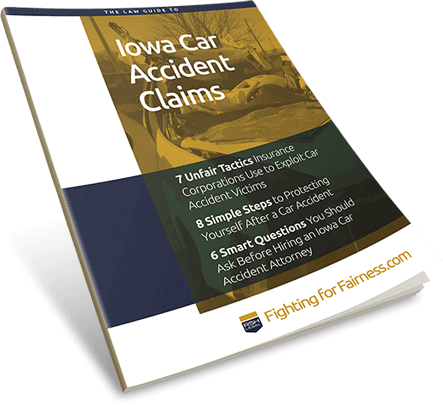
The next few weeks are back to school time in Iowa! It’s always a little scary sending your kids out into the world without you. Here are a few tips to keep them safe. These safety tips will help prepare your kids for a successful school year:
Walking to School
Walking to school can be dangerous for children, especially those who are easily distracted or forgetful. Find a direct route for your child that has sidewalks and crosses as few streets as possible. Walk this route with them a few times to look for any dangers or distractions. Insist that no electronic devices are used while they are walking to or from school, as they are often serious distractions.
Bus Safety
Remind your children to stay seated on the bus at all times and not to get up from their seat until the bus is parked. If they have to cross the street in front of the bus, they should cross at least 10 big steps in front of the bus so the driver can see them.
Watch for Concussions
According to the National Safety Council, every three minutes a child in the United States is treated for a sports-related concussion. Concussions occur in both kids and teens from a variety of sports, including cheerleading, football, and soccer. If your child falls or bumps their head while playing a sport, be aware that they could have a concussion. Watch for symptoms like dizziness, confusion, or clumsiness, and take them to the doctor if any of these symptoms occur. If you are concerned about concussions, it may be best not to let your child play contact sports.
Create a Song for Important Information
If your child is still in elementary school, they may have trouble remembering important information like their address or your phone number. Make it easy for them to recall this information by singing it to the tune of a popular song.
Safety on the Playground
An estimated 200,000 children are injured on American playgrounds each year. More injuries occur on monkey bars and climbing equipment than any other equipment. Take your child to the playground before school starts to determine what equipment is safe for them. Because you know your child’s physical abilities better than the playground attendant, set boundaries on the equipment they can play on. And of course, let the school know if you see any dangerous condition like sharp edges, loose guardrails, or areas on the playground’s surface that could cause tripping hazards.
Food Allergies
Even if your child does not have a food allergy, it’s likely he or she has a classmate who does. If a child with a food allergy is exposed, the consequences can be severe. In fact, many schools have gone “nut free,” meaning no student is allowed to bring lunch or snack items containing nuts. Check your school’s policy and comply with it!




